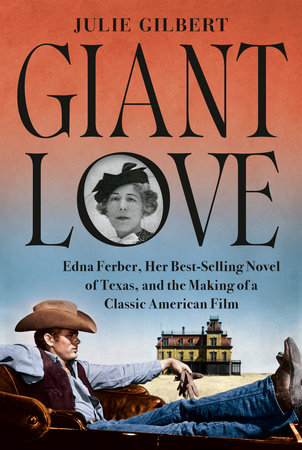

Milongas
By Edgardo Cozarinsky
Introduction by Alberto Manguel
Translated by Valerie Miles
By Edgardo Cozarinsky
Introduction by Alberto Manguel
Translated by Valerie Miles
By Edgardo Cozarinsky
Introduction by Alberto Manguel
Translated by Valerie Miles
By Edgardo Cozarinsky
Introduction by Alberto Manguel
Translated by Valerie Miles
Category: Performing Arts | Biography & Memoir | Essays & Literary Collections
Category: Performing Arts | Biography & Memoir | Essays & Literary Collections

-
$18.00
Dec 14, 2021 | ISBN 9781953861108
-
Dec 14, 2021 | ISBN 9781953861115
YOU MAY ALSO LIKE
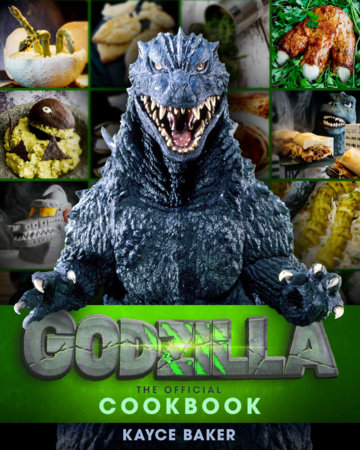
Godzilla: The Official Cookbook
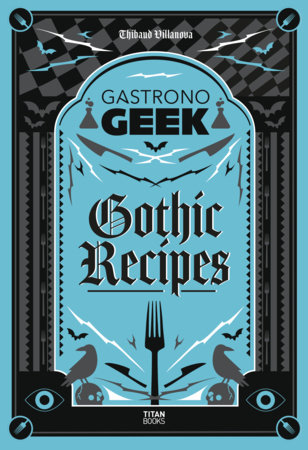
Gastronogeek Gothic Recipes
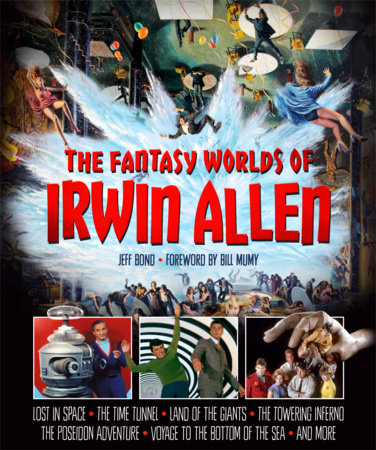
The Fantasy Worlds of Irwin Allen
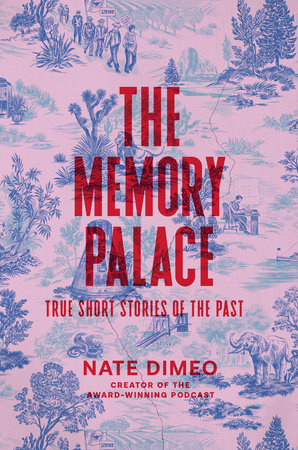
The Memory Palace

Marvel Studios’ The Infinity Saga – Captain America: The Winter Soldier: The Art of the Movie
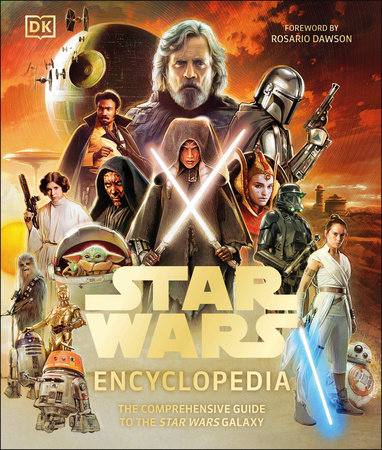
Star Wars Encyclopedia

The Making of Halo The Series: Hope, Heroism, Humanity
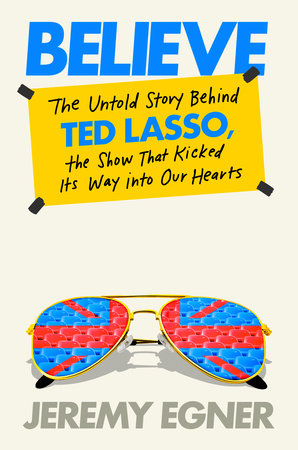
Believe
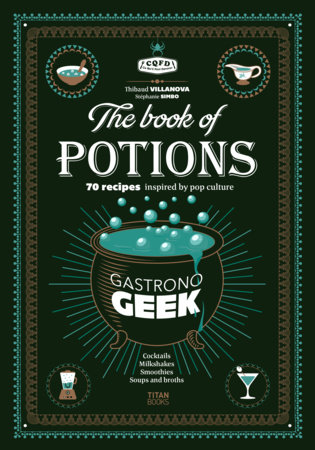
Gastronogeek The Book of Potions
Praise
“Through wry anecdote and masterful observation, Argentine writer and film director Cozarinsky unspools the history of tango and its cultural influence across the globe . . . With the companionable tenor of a humorous, well-informed raconteur, he traces tango dancing’s rise . . . These immersive snapshots are tantalizing.”
–Publishers Weekly
“Argentine writer and filmmaker Edgardo Cozarinsky traces [tango’s] fascinating journey through time and the seedy brothels and rough Argentine and European bars where the dance could be quite mannered or could spark with theatrical violence . . . Cozarinsky takes us through the ebbs and flows of the popularity of the tango, and also through a number of its evolutionary adaptive speciations . . . It would be very interesting to know what Cozarinsky thinks of the future of the tango now.”
–Susan Smith Nash, World Literature Today
“Cozarinsky boils the complex and often contradictory history of the dance down to its discrete and essential germs, whose sparks linger in the imagination on account of neither their perceived historical significance nor their verifiable objectivity but their ability to engender delight in their retelling . . . [He] sketches a history of the milonga centered on passions, intrigues, and oddities . . . A well-researched and deftly written catalogue of memories and primary source accounts.”
–Jenny Wu, Full Stop
“The success in [Cozarinsky’s] prose (as adeptly conveyed into English by Valerie Miles) lies in how well it captures the visual quality and physicality of the dancers and others in the small rooms where these dances take place in Krakow, London, Paris, and Buenos Aires . . . Cozarinsky’s history of milongas is concise, briskly paced, crammed with facts and telling, interesting examples.”
–Tom Bowden, Bookbeat
”Cozarinsky, who is a filmmaker turned writer, or a writer turned filmmaker, has produced here an album of postcards made of words. But his postcards might well take visual form…a kind of lived literature”
–Susan Sontag of Cozarinsky’s book Urban Voodoo
“Very innovative for its time…Urban Voodoo anticipated the trend of mixing essay with fiction, and in so doing advanced new and interesting directions for literature. It seemed to be made of stories that were like essays and essays that were like stories.”
–Enrique Vila-Matas
“magnificent… In the title story, he achieves more in a few pages than most writers manage in three or four hundred…The Bride from Odessa feels like the summation of a life spent reading and reflecting on experience, condensed into 160 pages.”
–Josh Lacey, The Guardian
“A book that speaks volumes about ‘the ghostly existence of émigrés; one that haunts the reader’s imagination.”
–Kirkus Reviews on The Bride from Odessa
“His novels and stories…are full of hidden, half-told histories, subtle references to names, tunes, places that may mean little at first but which are imbued with the melancholy of tango, the hopelessness of exile and the allure of the exotic; exciting when seen from the distance of time, tawdry and deceptive up close.”
–Patrick O’Connor, Literary Review
“The winning work is, above all, a book written with wonderful narrative craft, with deep roots in an ancient literary tradition and a remarkable intellectual solidity. Among his themes are existential identity, old age and the unreliability of memories, all elaborated upon by Cozarinsky in a singular way, lending them deep and necessary literary dimension.”
–Gabriel García Márquez Spanish-American Short Story Award Jury
”A master of the image and the word”
–La Nación
”Cozarinsky conveys the sense of urgency and nostalgia that accompanies messages that seem to come from the past or from a place that does not exist.”
–Ricardo Piglia
”Occasionally you come on someone you have never read before and discover that the work is so good it dispels ennui and restores your faith in imaginative literature. The Bride from Odessa is just such a book…”
–The Scotsman
“The finest book I have read for a long time.”
–Chris Maker, Libération
“He creates a shadowy world of uprooted characters whose lives are shaped by the history of the 20th century…Alive, moving and perceptive.”
–Daily Telegraph
“Cozarinsky writes superbly of exile, love, and death in the Argentine capital, and we are lucky to have him.”
–The Independent
”A writer of exceptional sensibility and austere aesthetic principles, Cozarinsky refuses to contrive beyond what history offers merely to sate our cheap hunger for beginnings and endings. The Moldavian Pimp leaves us with a “strange sense of destiny”, and – Borgesian provocations aside – a strange sense of unfinished fictional business.”
–The Guardian
“…fiery intellectual strength and a powerful originality. La novia de Odessa, in its deceptively quiet manner, belongs on the same shelf as those other sceptical masterpieces, the novels of Joseph Roth and the memoirs of Julien Green.”
–Alberto Manguel: post-face to The Bride from Odessa.
21 Books You’ve Been Meaning to Read
Just for joining you’ll get personalized recommendations on your dashboard daily and features only for members.
Find Out More Join Now Sign In







